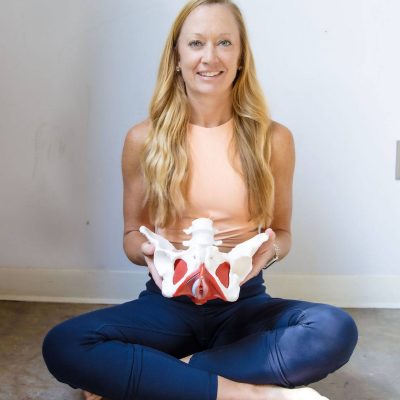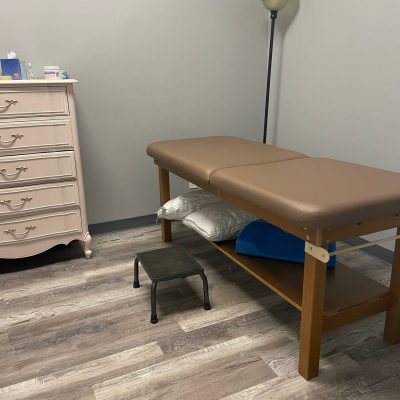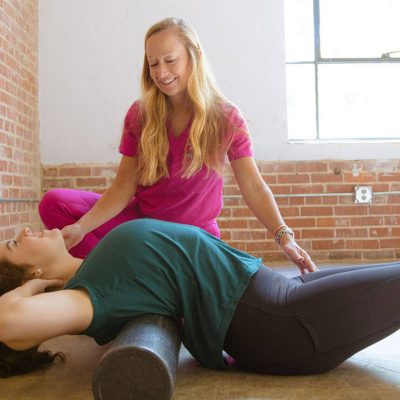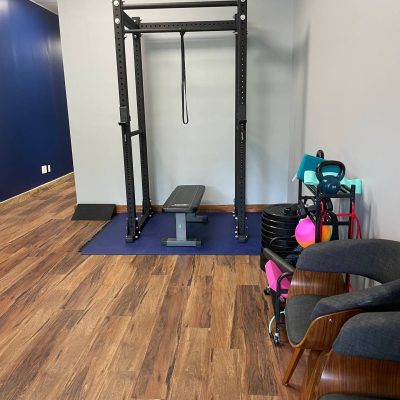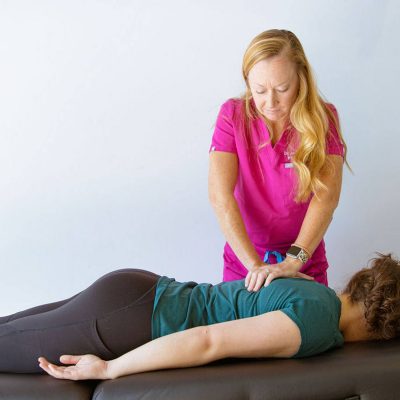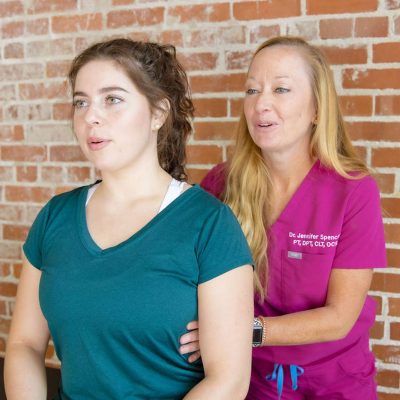By Emily Henneberg, PT, DPT
Bringing a new life into the world is a remarkable experience, but it often comes with physical changes, including those that affect your core muscles. Diastasis recti, a common condition among postpartum women, occurs when the abdominal muscles separate due to the pressure of a growing uterus during pregnancy. While it’s a natural process, taking proactive steps to protect your core postpartum can make a significant difference in your recovery journey. In this article, we explore strategies to safeguard your core from diastasis recti and promote a healthier, stronger you.
Understanding Diastasis Recti
Diastasis recti is characterized by a gap or separation between the two sides of the rectus abdominis muscle, which runs down the front of your abdomen. This separation can result in a bulge that’s often most noticeable when you’re doing certain movements or contracting your abdominal muscles. Diastasis recti is more common in women who have had multiple pregnancies, but it can affect anyone. While not usually harmful, it can lead to weakened core muscles and even contribute to issues like back pain or poor posture.
Protecting Your Core: Tips to Prevent Diastasis Recti
- Mindful Posture: Maintaining proper posture is vital for protecting your core. Stand tall, aligning your shoulders over your hips and keeping your spine neutral. Avoid arching your back excessively, as this can strain your abdominal muscles and contribute to diastasis recti.
- Gentle Core Exercises: After your doctor’s approval, engage in gentle core-strengthening exercises. Opt for movements that focus on deep core muscles without causing undue pressure on the abdominal wall. Pelvic tilts, modified planks, and breathing exercises can be effective in gently engaging your core muscles.
- Proper Lifting Techniques: Whether you’re lifting your baby, a stroller, or groceries, ensure you’re using proper lifting techniques. Bend at the knees and engage your core muscles while lifting to minimize strain on your abdominal muscles. Do not forget to exhale while lifting to reduce pressure in your abdomen.
- Avoid Straining Movements: Steer clear of exercises or movements that place excessive stress on your abdominal muscles, such as sit-ups, crunches, or heavy weightlifting. These movements can worsen diastasis recti.
- Gradual Return to Exercise: While you may be eager to resume your pre-pregnancy exercise routine, it’s essential to start slowly and progressively. Consult with a postpartum fitness professional such as a pelvic floor therapist who can guide you in choosing appropriate exercises that support your core without risking further separation.
- Breathing Techniques: Practice deep diaphragmatic breathing to engage your core while providing gentle support to the abdominal area. This can promote healing and help you reconnect with your core muscles.
- Supportive Garments: Consider using postpartum support garments or belly wraps to provide gentle compression and support to your abdominal muscles as they heal.
- Consult a Professional: A pelvic floor therapist can guide you through safe exercises and movements tailored to your individual needs and the severity of your diastasis recti.
Welcoming a new life into the world is a beautiful journey, and taking care of your body postpartum is equally important. Protecting your core from diastasis recti involves a combination of mindful practices, gentle exercises, and seeking professional guidance. By adopting proper posture, avoiding straining movements, and gradually strengthening your core muscles, you can promote healing, prevent further separation, and regain the strength you need to fully enjoy your motherhood journey. Remember, each woman’s body is unique, so listen to your body, be patient with your progress, and celebrate the small victories along the way. Your core is more than just muscles; it’s your foundation for a strong, confident, and healthy postpartum life.
Reach out to Magic City Physical Therapy today to speak to our team about how we can serve you in your postpartum journey.

